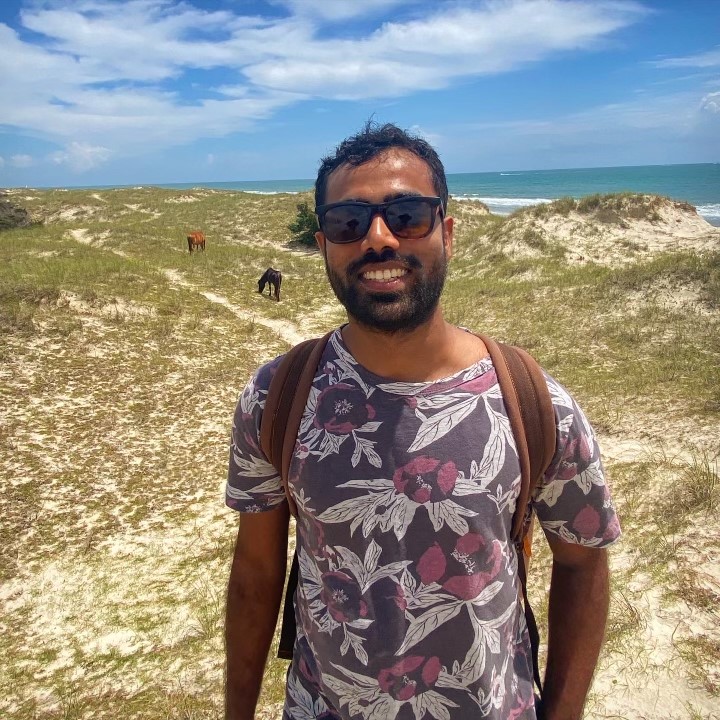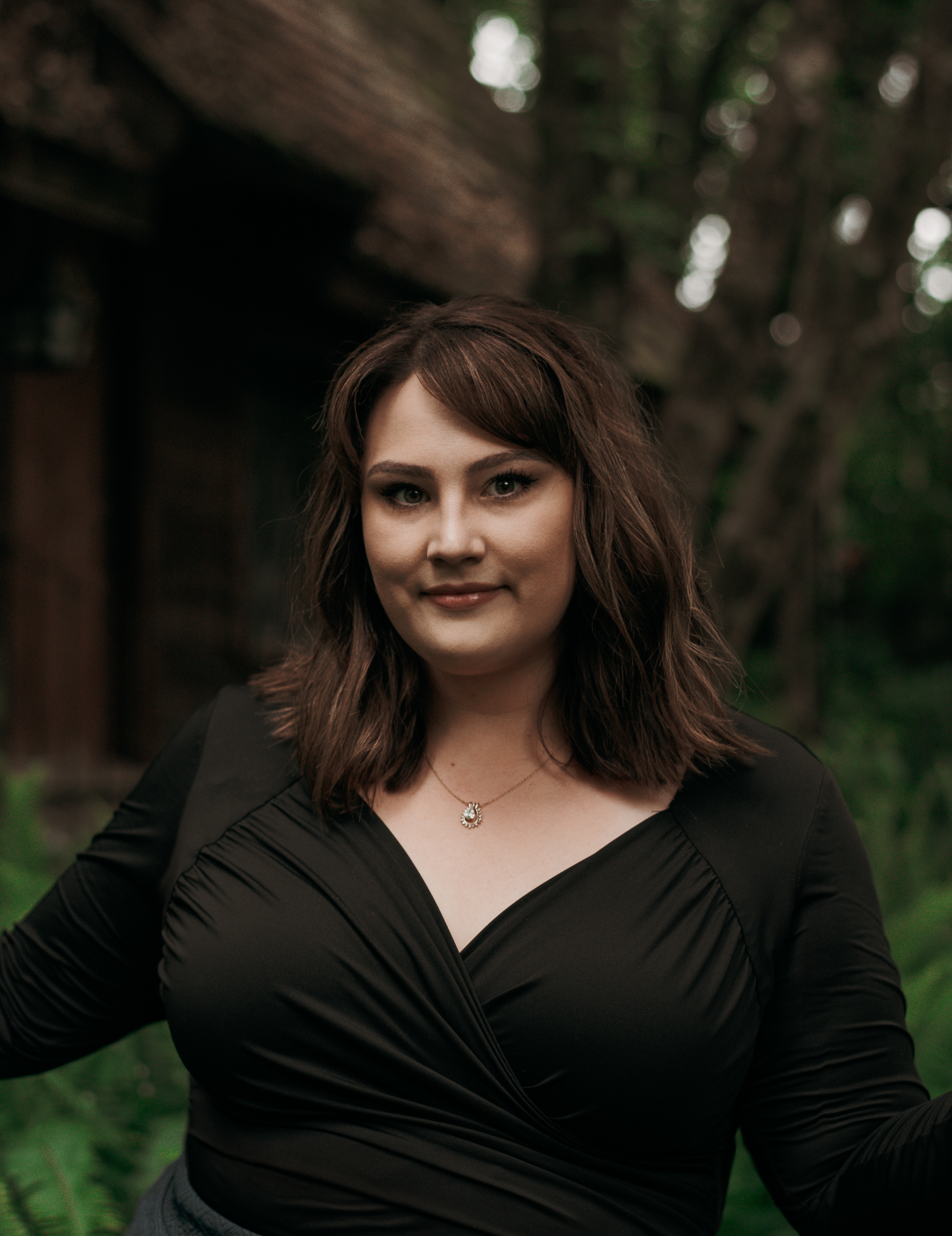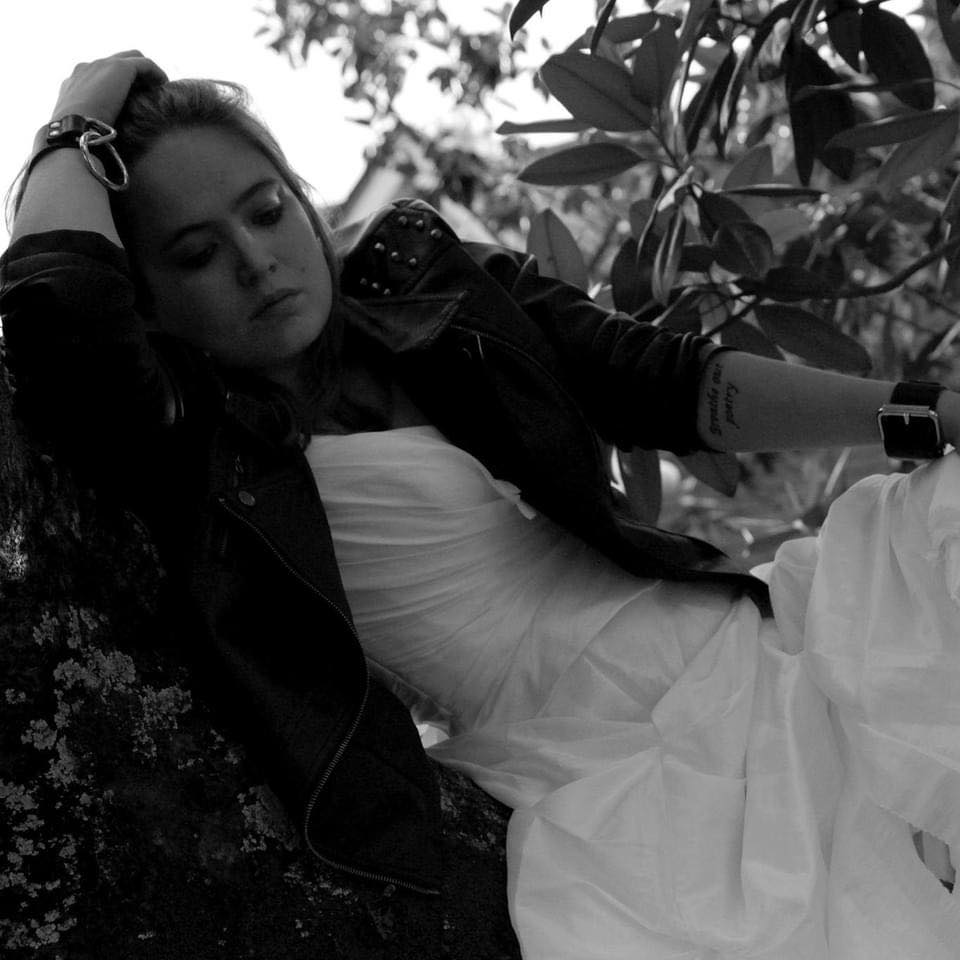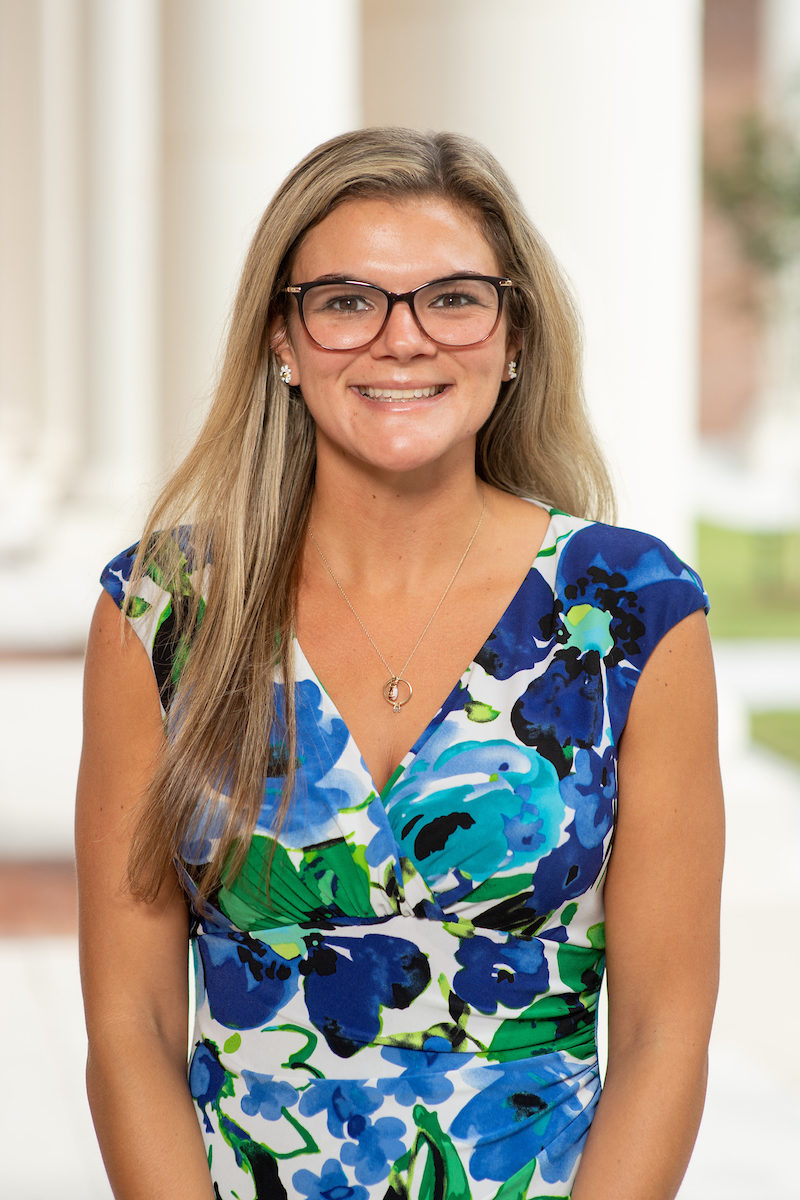The CCU Department of English welcomed Dr. Gayas Eapen as an assistant professor of digital culture and design. Dr. Eapen received his undergraduate degree in English Literature and his master’s degree in media journalism from universities in India, before moving to the United States to pursue a doctorate in Communication, Rhetoric, and Digital Media at North Carolina State University.
Before moving to the states, however, Eapen tried his hand as a crime reporter at Times of India. His path of journalism led him to become a crime reporter for almost two years before moving to begin his doctorate.
When Dr. Eapen relocated to begin his studies, it was the first time he ever came to the United States, and it was during this period he noticed the difference between both cultures in real time. This was also the period when he picked up his passion for teaching. The research that guided Dr. Eapen through his studies continues to be the one that he studies and dissects to fully understand and learn. A part of his dissertation study was on “DJ Trucks,” which are vehicles that come by blaring music. When compiling the research for his study, he found that he used his reporting skills in terms of interviewing and digging deep, and he enjoyed being able to make all these connections as the researcher that the people in the community have already been making or knew about as their way of life. Currently, he teaches a course titled Global Media and Counter Cartography where he teaches students to engage in critical and alternative map-making techniques.
Dr. Eapen is just getting started in his career as a teacher, but in this short amount of time, he has found how much he loves doing it. Dr. Eapen is amazed by CCU students and their dedication. He has stated how impressed he is with the hard work and motivation CCU students possess, and how awesome it is to watch students invested in their future.
Thanks Dr. Eapen!




